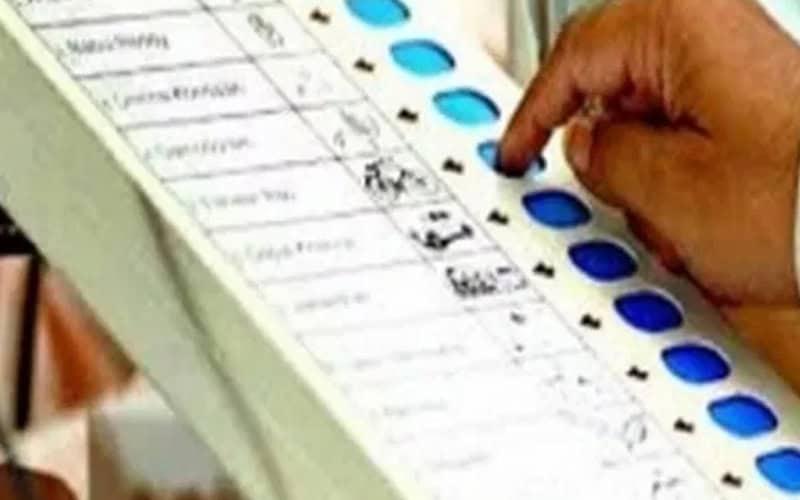New Delhi: The ongoing Lok Sabha elections are varying as compared to the 2014 general elections says EC’s data.
According to the data released by the commission, the second phase of polling on April 18 shows Bangalore Central voting was down by 1.45 per cent from 55.74 per cent in 2014 to 54.29 per cent in 2019 with Bangalore’s South voting was down 2.2 per cent from 55.67 per cent in 2014 to 53.47 in 2019.
In Tamil Nadu’s Central Chennai the voting was down by 2.67 per cent from 61.36 per cent in 2014 to 58.69 per cent in 2019 while in Maharashtra’s Amravati polling was down by 1.87 per cent from 62.23 per cent in 2014 to 60.36 in 2019.
However, in UP’s Amroha the polling was up by 0.4 per cent from 71 per cent in 2014 to 71.04 per cent this year while surprisingly Bulandshahar’s polling was significantly up by nearly 5 per cent from 58.3 per cent in 2014 to 62.73 per cent in 2019.
West Bengal’s Darjeeling polling was down by 1.49 per cent from 80.2 per cent in 2014 to 78.71 per cent this year, while in the Tribal-dominated Bastar in Chhattisgarh, polling percentage was up by 6.77 per cent from 59.2 per cent in 2014 to 66.84 per cent in 2019.
The data released for the first phase of polling held on April 11 has different polling percentages in AP’s Vishakhapatnam which showed a decline in percentage by 4.94 per cent from 72.20 per cent in 2014 to 67.26 per cent this year while tin Tirupati the percentage was up by 2.48 per cent from 76.6 per cent in 2014 to 79.08 per cent in 2019.
Maharashtra’s Nagpur seat showed polling was down by 2.31 per cent from 57.05 per cent in 2014 to 54.74 per cent in 2019.
In Odisha’s backward Kalahandi seat, polling was up by 0.27 per cent from 75.7 per cent in 2014 to 75.97 per cent this year.
In Uttarakhand’s Haridwar, an urban area, voting was down by 2.71 per cent from 71.63 per cent in 2014 to 68.92 per cent in 2019.

According to BJP supporter, Badri Narayan, who works with the GB Pant Institute of Social Sciences in Allahabad, “The urban areas will vote better this time and the electorate will favour the Bharatiya Janata Party (BJP).”
Nisar-ul-Haque the former professor of political science at the Jamia Milia Islamia University in Delhi is of the similar opinion of BJP having an edge this year as well.
“Voters in the urban areas are supporting the BJP’s view on the Pulwama terror attack and the government’s air strike at terror camps across the border. While the urban areas have always supported the BJP, the party is also getting some share of votes in the rural areas,” Haque said.
With inputs from IANS

